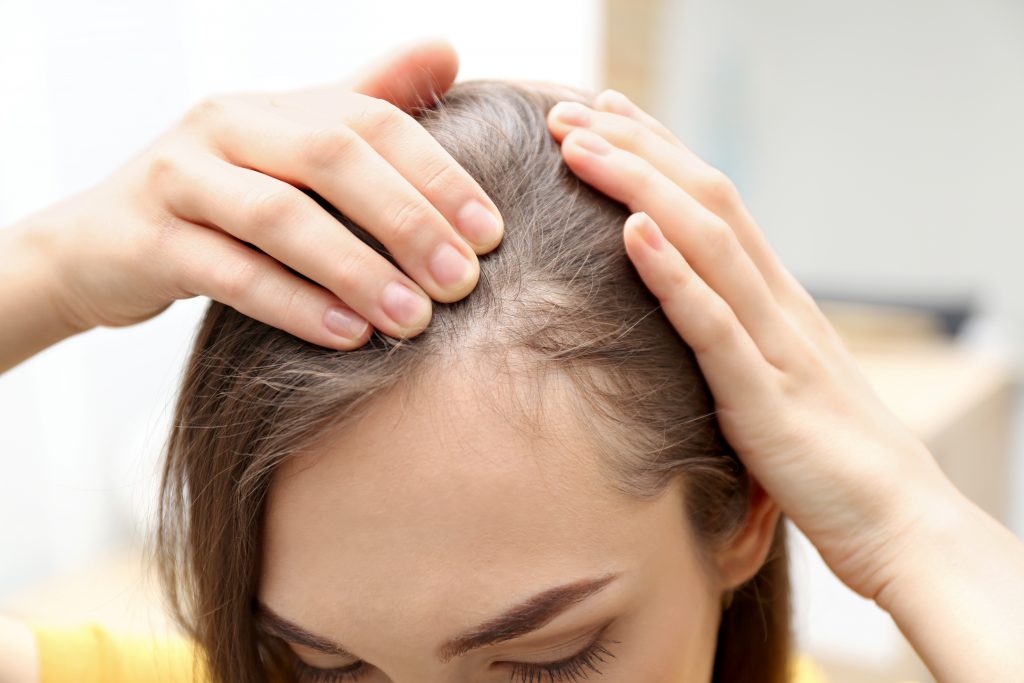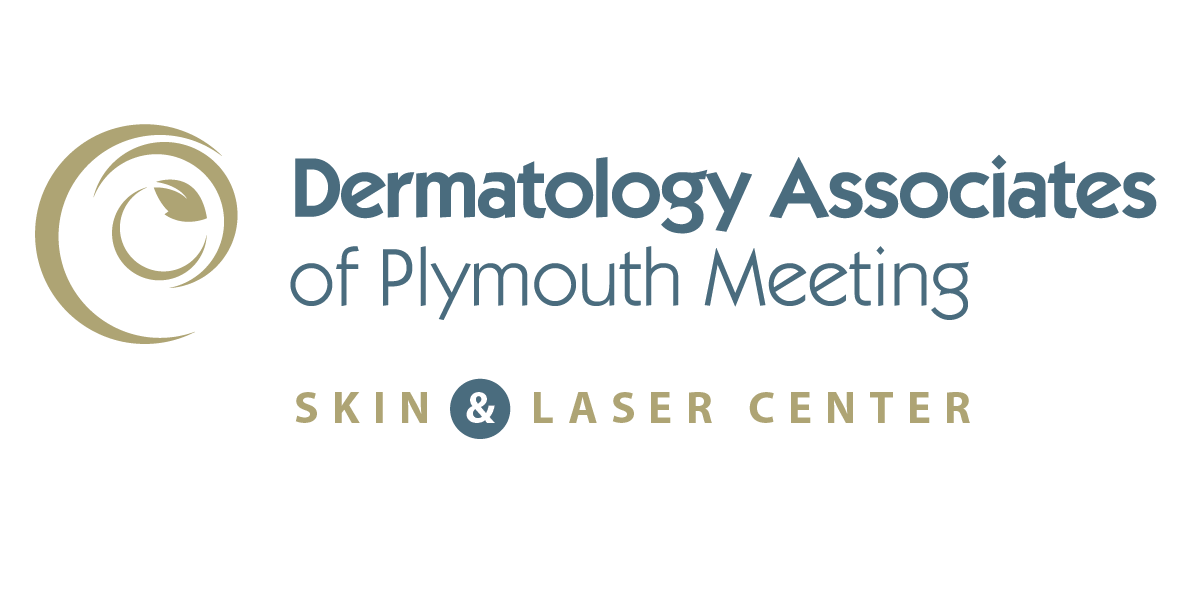How to Stop Alopecia from Spreading

Alopecia areata is an autoimmune disease that causes hair loss in both children and adults. It often begins with a few bald spots on the scalp before it spreads to other hair follicles. Learning how to stop alopecia areata from spreading early on is crucial and can make a real difference in the severity of the disease and your quality of life.
Understanding How Alopecia Areata Works
To understand how to stop alopecia areata from spreading, it is important to first understand how the disease manifests into hair loss. Alopecia areata causes the immune system to mistakenly attack the body’s hair follicles, in the same way as the immune system attacks germs and viruses. This causes the hair follicles to fall out and cease growing. Other signs and symptoms of alopecia areata may include:
- Changes in fingernails, such as dents, white spots, roughness, thinning and splitting
- Itching or other minor discomfort on the skin where hair loss will soon begin or has already occurred
- Sinus discomfort or eye irritation if eyebrows and eyelashes are lost.
How a Dermatologist Diagnoses Alopecia Areata
Hair loss is not always due to alopecia areata, but if it is, your board-certified dermatologist will be able to diagnose it by closely examining the areas of your skin experiencing hair loss. Sometimes, a few hairs will need to be removed or a biopsy of the bald area will need to be performed. To perform a biopsy, your dermatologist will remove some affected skin and examine it under a microscope. Your dermatologist may also examine your scalp using a dermatoscope. A blood test is sometimes helpful in diagnosing alopecia and other diseases caused by the immune system.
Ways to Stop Alopecia Areata from Spreading or Worsening
If you are diagnosed with alopecia areata, your dermatologist will spend time explaining how to care for affected areas of the skin and how to stop the disease from spreading or worsening. Avoiding unnecessary hair or scalp trauma, reducing stress and analyzing your diet are all worthwhile endeavors when attempting to prevent alopecia areata from spreading. Because the disease is triggered by an immune response, identifying your unique trigger may take some trial and error, but your dermatologist is here to help.
Schedule a consultation to achieve the healthiest skin of your life
Contact UsTreatments for Alopecia Areata
Patients older than 10 years of age with a few patches of alopecia areata may benefit from one or more of the following treatments:
- Corticosteroid injections into bald areas, which are usually given every four to eight weeks as needed, are considered the most effective treatment for people who have a few patches of hair loss. In one study of 127 patients with patchy hair loss, more than 80% who were treated with corticosteroid injections had at least half of their hair regrow within 12 weeks. Oral systemic steroids may be considered as an option as well.
- Minoxidil, also known by the brand name Rogaine®, can help keep hair growth stimulated on the scalp, beard area and eyebrows. It should be applied two to three times daily. Minoxidil is considered mostly for older individuals.
- Topical corticosteroids applied to the bald spots once or twice a day as instructed by your dermatologist can also be supportive of hair regrowth, especially in children.
- Phototherapy has also been considered an effective treatment option at times.
Research Program for Alopecia Areata
Dermatology Associates of Plymouth Meeting participates in numerous clinical trials for new medications and treatments. Depending on your situation, you could qualify for an alopecia areata trial, which would cover the cost of your alopecia medications or treatments. Learn more about our available clinical trials on our research programs page.
Alopecia areata can be a frustrating disease to treat, but our goal at Dermatology Associates of Plymouth Meeting is to get to the bottom of it and support your hair in its regrowth. Call us today at 610-828-0400 to schedule your appointment.
